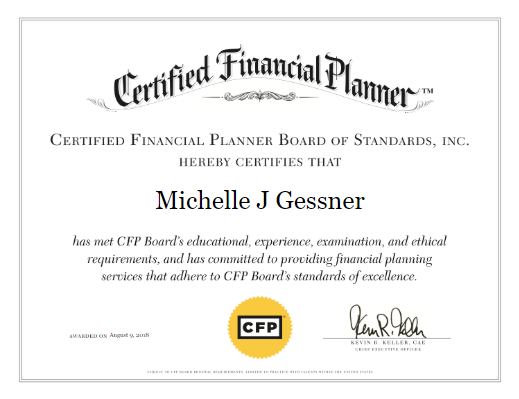If the Marriage Equality Act were overturned, what would happen to the rights of same-sex couples across the country? Would your spouse still be able to make healthcare decisions on your behalf, or inherit the home you built together?
These aren’t hypothetical questions. In this episode of Retire to a Life You Love, Michelle Gessner sits down with estate planning attorney Lorie Burch to discuss the real legal risks LGBTQ+ families face—and the concrete steps every couple should take to protect what matters most.
Why Estate Planning Is Still Critical—Even If You’re Married
One of the biggest myths Lorie confronts is that marriage equals protection. “Married or not, if you don’t have an estate plan, the law may not recognize your wishes,” she warns.
This is especially true in states like Texas, where outdated laws remain on the books. Lorie explains that while federal law currently requires marriage recognition, a reversal of that could mean your legal rights disappear overnight—unless you’ve documented them through wills, trusts, and powers of attorney.
Parenting, Guardianship, and the Shocking Gaps in Legal Recognition
Perhaps the most jaw-dropping moment in the episode? Lorie shares that despite being the biological mother of her children (via reciprocal IVF), she had to adopt them to be legally recognized as a parent in Texas.
Many same-sex couples assume that being listed on a birth certificate is enough—it’s not. Without second-parent adoption or guardianship documentation, you may not have legal standing if something happens to your partner.
Why DIY Wills and Online Templates Just Don’t Cut It
“Some people think writing it down on paper is enough,” Michelle notes. “It’s not.”
Lorie drives home the dangers of relying on DIY or low-cost online estate planning tools. From improperly signed documents to outdated beneficiary forms, the risk of invalid or incomplete planning is high, and the cost to fix it is even higher.
Instead, she urges families to work with qualified professionals, especially those who understand LGBTQ+ legal nuances.
Specialized Language for a Changing Legal Landscape
Lorie’s firm now includes contingency language in estate plans: clauses that account for marriage invalidation or legal reversals. This ensures your partner remains protected—even if your marriage is no longer legally recognized.
It’s this level of forward-thinking and nuance that sets proper estate planning apart.
Final Thoughts: Protect What You Can Control
There’s a lot we can’t predict. But what you can control is having the right documents in place. Whether you’re married, have children, or own property together, the time to plan is now, not when it’s too late.
Reach out to us for help in getting started with your planning. We are happy to walk with you on this journey and ensure that you have the right professionals in your corner.



